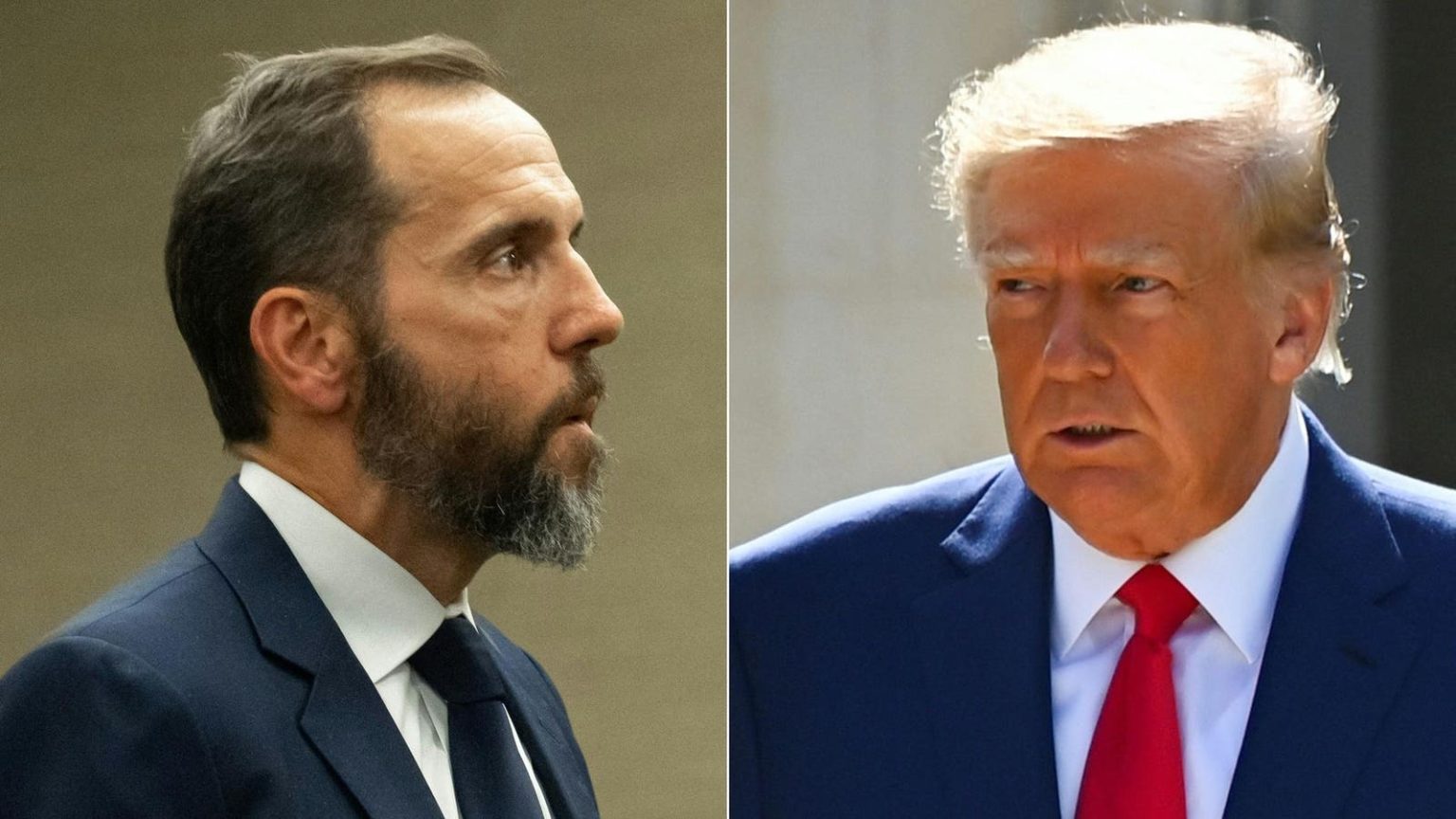The potential threat of President Donald Trump using the FBI and Justice Department to go after his political rivals if he were to secure a return to the White House has raised concerns among many. Last year, Trump suggested that he could use federal agencies to prosecute individuals such as President Joe Biden, former Attorney General Bill Barr, Manhattan District Attorney Alvin Bragg, and Special Prosecutor Jack Smith. Trump’s baseless claims of election interference and a rigged election have fueled his desire to seek retribution against those he perceives as enemies.
In various interviews and public statements, Trump has voiced his intentions to appoint a special prosecutor to target Biden and his family for alleged corruption. He has also threatened other political figures such as Vice President Kamala Harris, former President Barack Obama, Speaker of the House Nancy Pelosi, and others with prosecution for treason or other crimes without any evidence to support his claims. Trump has also targeted individuals in the tech industry, such as Meta CEO Mark Zuckerberg, with threats of legal action if they were to engage in any illegal activity related to the election.
The idea of a president using the Justice Department to prosecute political opponents is concerning, as it goes against the established norms of agency independence and could lead to a shift towards authoritarian practices. Trump’s allies, Jeffrey Clark and Russell Vought, have advocated for treating the Justice Department like any other cabinet position, allowing the president to direct individual investigations. This potential change could have significant implications for the independence of the Justice Department and the rule of law in the United States.
The prospect of a second term for Trump has sparked fears of increased politicization of federal law enforcement, with concerns that individuals who refuse to carry out orders to prosecute Trump’s enemies could face repercussions. In the past, Trump has shown a willingness to remove U.S. Attorneys who do not align with his agenda, further raising concerns about the potential weaponization of federal law enforcement for political purposes. The push for more aggressive prosecution of critics and opponents could lead to a dangerous erosion of democracy and the rule of law in the United States.
Overall, Trump’s threats to prosecute political opponents and his willingness to use federal agencies as tools for personal vendettas raise serious concerns about the future of justice and democracy in the country. The potential impact of a second Trump term on the independence of the Justice Department and the rule of law underscores the importance of upholding democratic principles and preventing the abuse of power for political gain. The implications of Trump’s actions and rhetoric extend beyond his own presidency and could have lasting effects on the integrity of the U.S. justice system.


